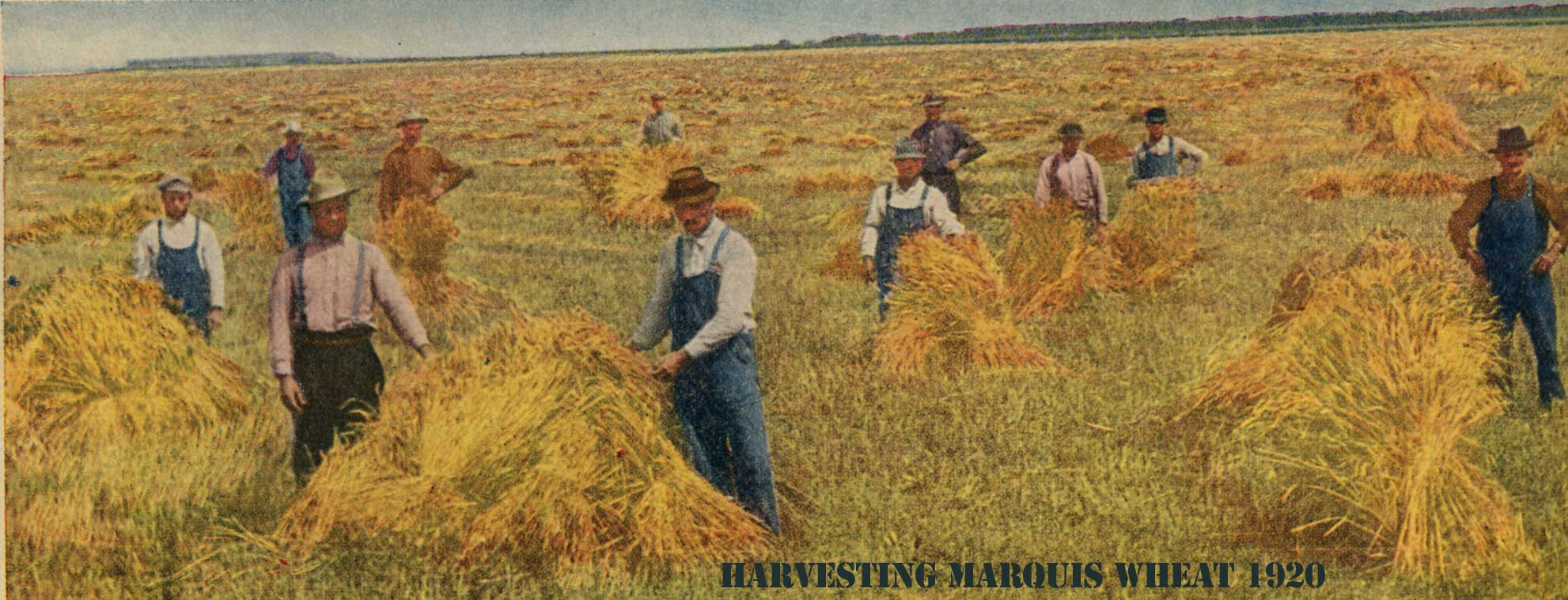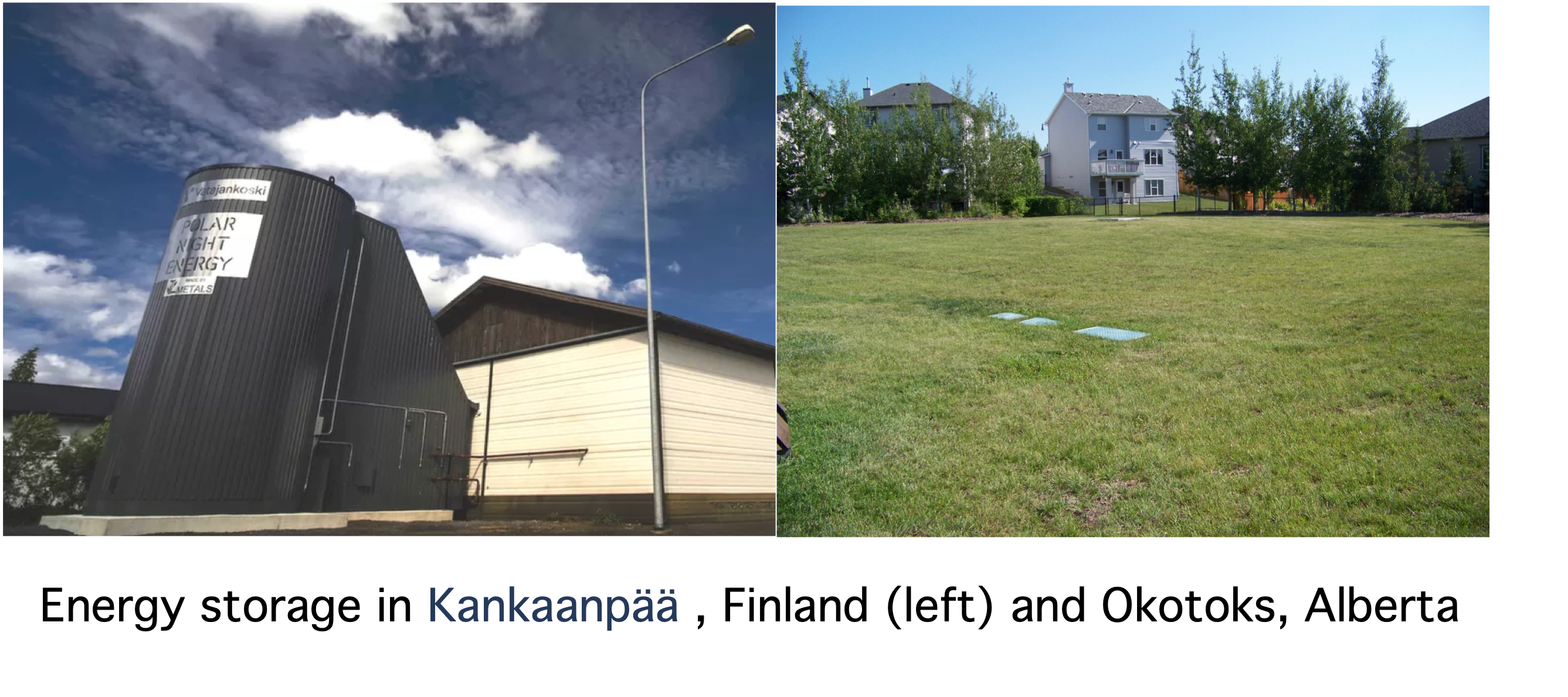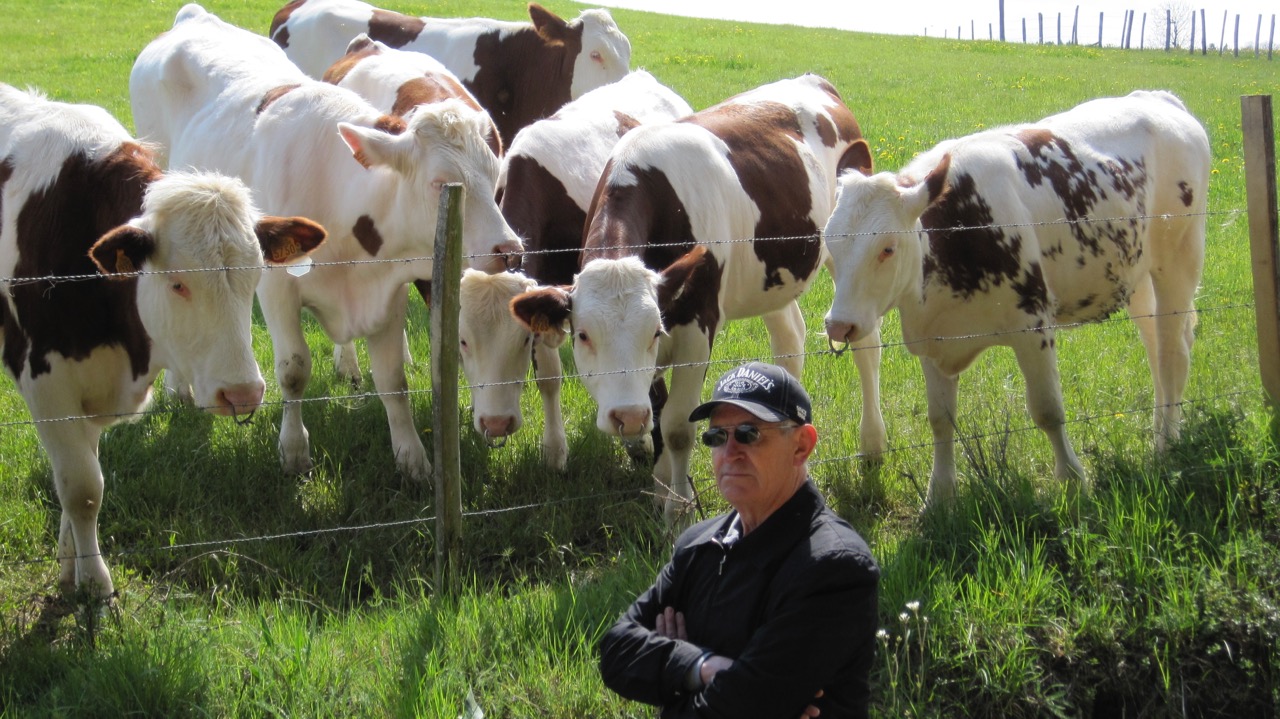UPDATED, AGAIN
The generation of energy by fossil-fuel alternatives such as wind and solar power is becoming more and more practical. A major hurdle in switching to alternative energy sources is that many of them, such as wind and solar power, are intermittent. Methods for storing energy during times of surplus production, to be used when demand exceeds supply, is an essential part of an alternative energy economy. Much scientific and engineering effort is going toward this goal.… Read the rest “Storing Energy to save earth”




